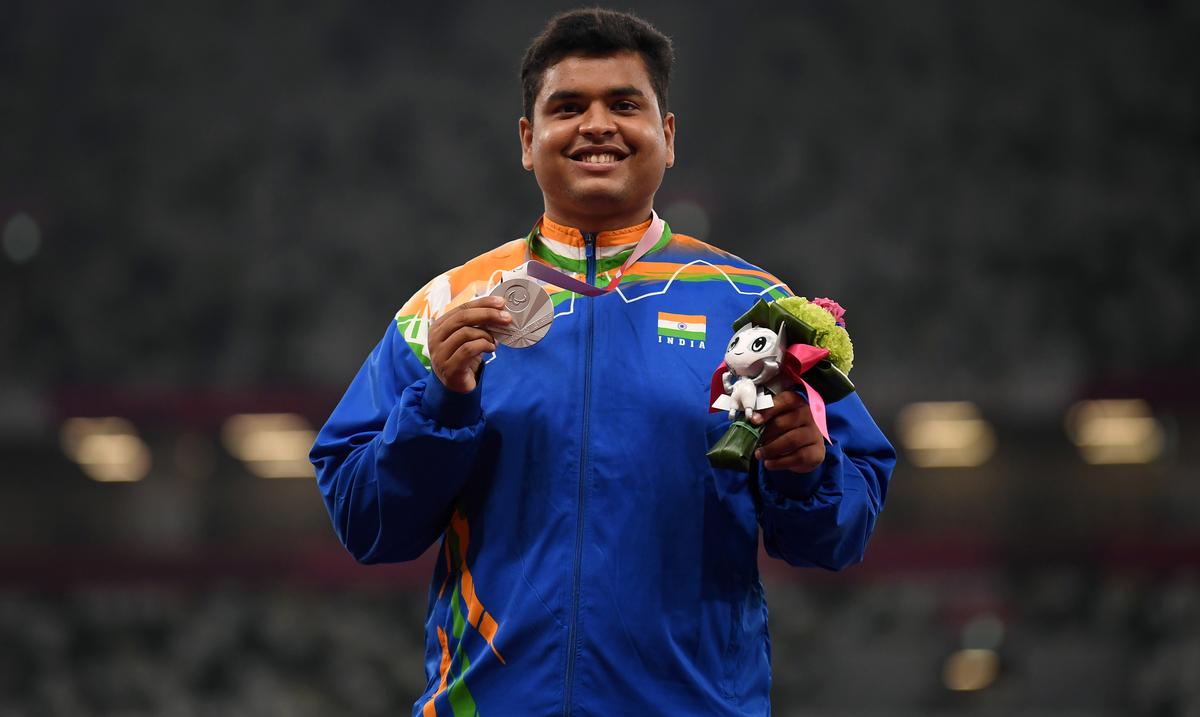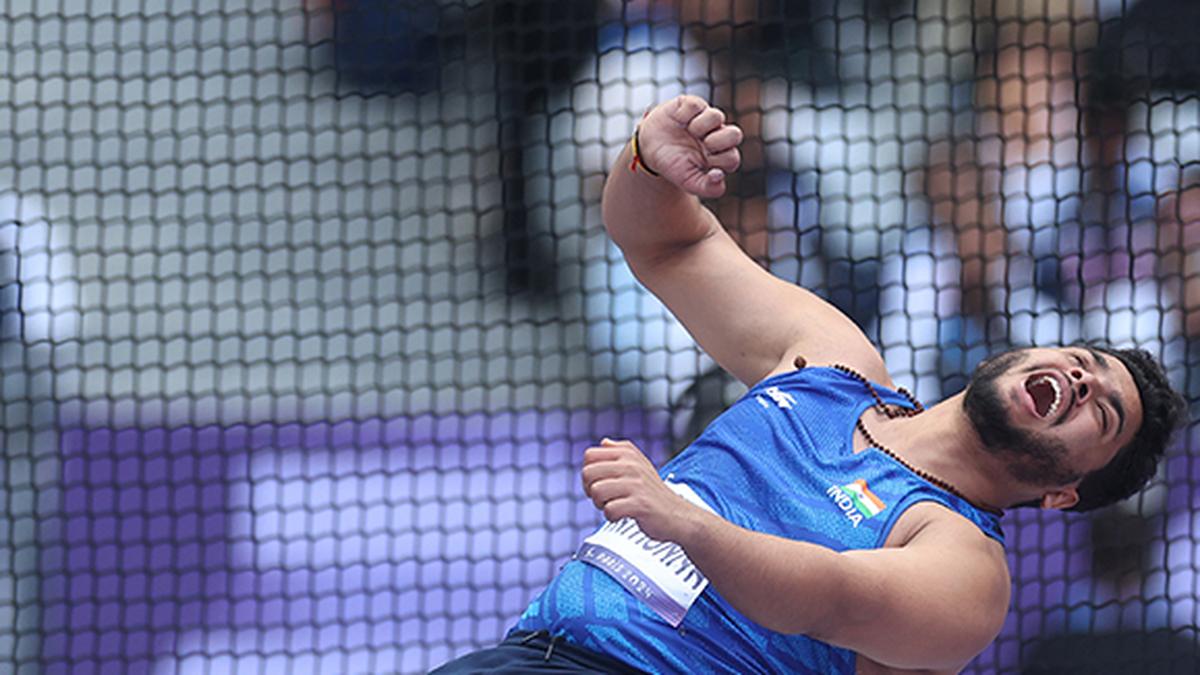Yogesh Kathuniya: Too often, para athletes are met with sympathy instead of empathy
It’s going to be special to compete at a World Championships in New Delhi. What excites me most about playing at the Jawaharlal Nehru Stadium is that my family will finally see me at a live international event. No one in my family has witnessed me competing at this level before. That alone gives me great motivation.
At the same time, I can’t let it overwhelm me. My parents may be in the stands, but they can’t throw for me. I need to stay focused on what I have to do.
Hosting the World Championships in India is important. It means more people will learn about para sports. With the country also bidding for the Commonwealth Games and the Olympics, organising high-profile events like this is vital. But the benefits don’t stop there. When such tournaments are staged, athletes gain access to better facilities and equipment. Training schemes are launched, and younger athletes see role models up close. That kind of exposure can inspire the next generation.
I know, because I was once that child looking for inspiration.
My life really changed after the Tokyo Paralympics. Until then, not many people knew who I was. In the Men’s Discus Throw F56 final, I thought I had underperformed because I missed out on gold by just half a metre. Yet when I checked my phone afterwards, I had over 1,000 missed calls. I couldn’t believe I had suddenly become so important. I still get goosebumps thinking about it.
At the 2024 Paralympics in Paris, I won another silver. Again, the love and recognition I received made up for missing gold. Those moments have shown me how much sport can give, and they motivate me to aim even higher.
But my journey into sports was far from straightforward.
I grew up in Bahadurgarh, just outside Delhi. At nine, I suffered from Guillain-Barre syndrome, a neurological disease that attacked my lower limbs. At first, doctors thought I had polio. My mother even learned physiotherapy to help speed up my recovery. For a long time, I hoped I’d be able to run and play again like the other kids. Eventually, I had to accept that my legs would never be as strong.
In my village, I was bullied constantly. I wore calipers that helped me walk, but that didn’t stop people from targeting me. To regain some confidence, I started going to the gym. It became a kind of therapy. By the time I got to Kirori Mal College, I had 17-inch biceps and six-pack abs. Still, I never imagined becoming a sportsperson. I didn’t even know para sports existed. I was focused on my studies and preparing for my Chartered Accountancy exams.
Everything changed in 2015 when my calipers broke. Suddenly, my limp was obvious. I felt embarrassed, but one of my seniors, Sachin Yadav, noticed. He asked me about my condition and introduced me to para sports. I resisted at first, but he persisted and took me to the Jawaharlal Nehru Stadium — by coincidence, the Delhi State Para Athletics Championships were on. I was instantly hooked.

India’s Yogesh Kathuniya celebrates his silver medal in the men’s F56 discus at the Tokyo 2020 Paralympics in Japan.
| Photo Credit:
ALEX DAVIDSON
India’s Yogesh Kathuniya celebrates his silver medal in the men’s F56 discus at the Tokyo 2020 Paralympics in Japan.
| Photo Credit:
ALEX DAVIDSON
Before I could overthink, Sachin bhaiyya helped me fill out a form for the Haryana State Paralympic Championships. I competed in javelin, shot put, and discus, finishing last in all three. Still, I loved it. That was the day I decided I wanted to be an athlete. Even then, I was torn between sport and a career as a CA. It wasn’t until I watched the 2016 Rio Paralympics that I knew I needed a proper coach. I found one in Satyapal Singh at JLN Stadium.
My days became intense: leaving home at 4 a.m., taking a bus to the stadium, training for hours, heading to classes, then hitting the gym in the evening. Sometimes I travelled ticketless just to save money for my diet. I even gave tuition classes to cover expenses. People often asked why I, a disabled person, was working so hard. I’d just laugh and say, “Sports is my medicine.”
Results didn’t come immediately. It took a year before I won my first national titles — gold in discus, shot put, and javelin at the 2018 Nationals. That was a turning point.
I’ve had my share of recognition since then — the Arjuna Award after Tokyo, for instance. But I’ve also felt overlooked. After Paris, I wasn’t given any award, even though I had scored more points than some athletes who were recognised. I don’t begrudge Manu Bhaker the Major Dhyan Chand Khel Ratna, but I couldn’t help feeling treated differently. Too often, para athletes are met with sympathy instead of empathy. Some people don’t like that I speak about it, but I will never stop telling the truth.
As long as I perform, no one can silence me. My goals have grown since I first started. In 2022, I set a world record of 48.34m. Now, I want to go beyond 50m before I retire. If I can do it in New Delhi, in front of my family, there would be nothing like it.
As told to Jonathan Selvaraj
Published on Sep 23, 2025



